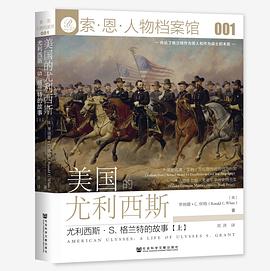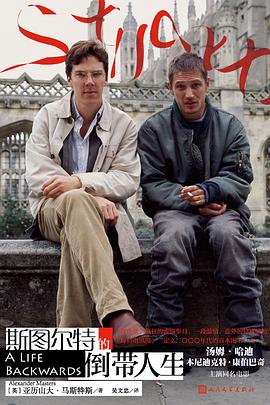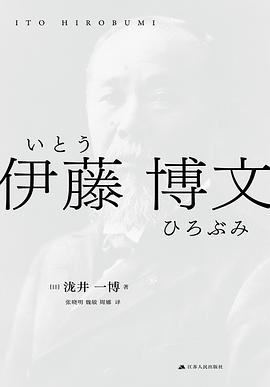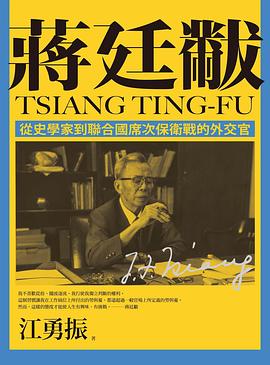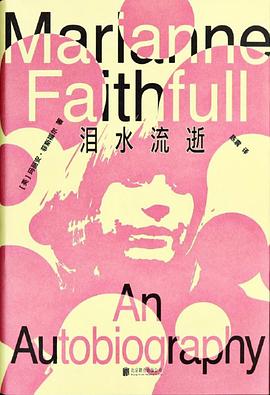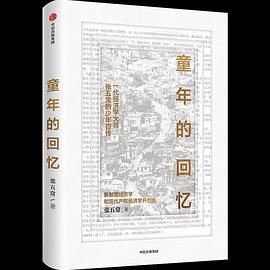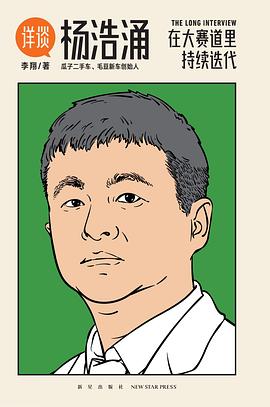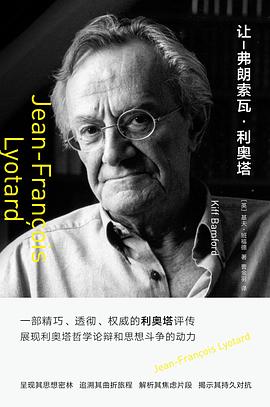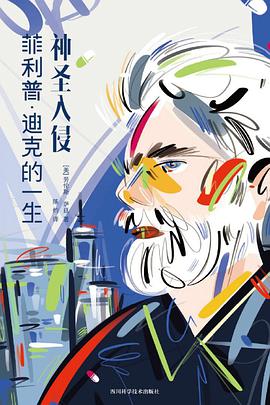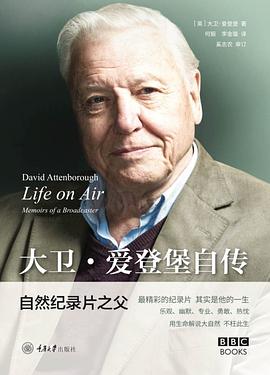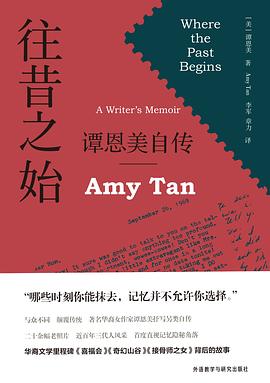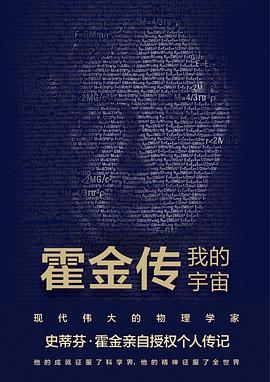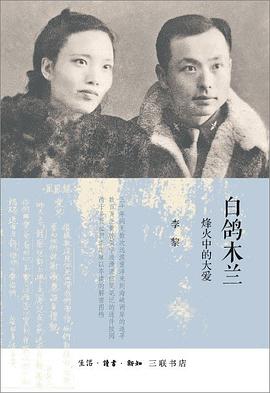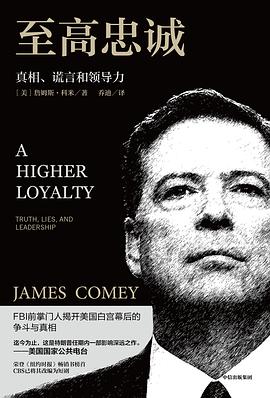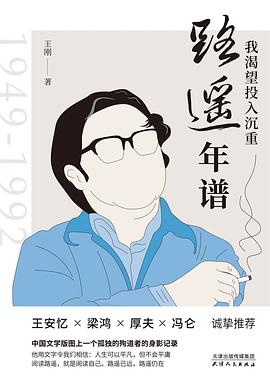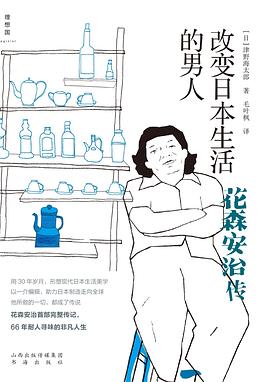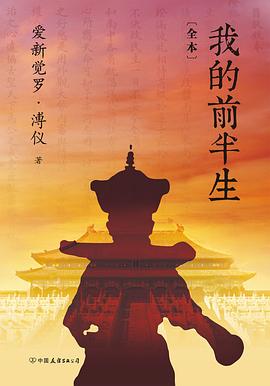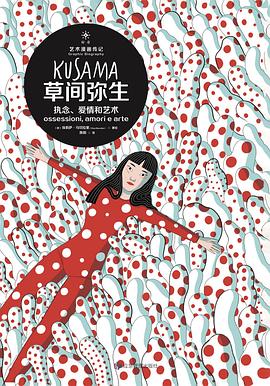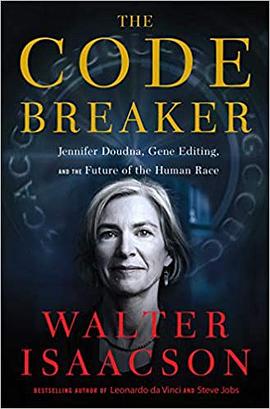

具体描述
The bestselling author of Leonardo da Vinci and Steve Jobs returns with a gripping account of how Nobel Prize winner Jennifer Doudna and her colleagues launched a revolution that will allow us to cure diseases, fend off viruses, and have healthier babies.
When Jennifer Doudna was in sixth grade, she came home one day to find that her dad had left a paperback titled The Double Helix on her bed. She put it aside, thinking it was one of those detective tales she loved. When she read it on a rainy Saturday, she discovered she was right, in a way. As she sped through the pages, she became enthralled by the intense drama behind the competition to discover the code of life. Even though her high school counselor told her girls didn’t become scientists, she decided she would.
Driven by a passion to understand how nature works and to turn discoveries into inventions, she would help to make what the book’s author, James Watson, told her was the most important biological advance since his co-discovery of the structure of DNA. She and her collaborators turned a curiosity of nature into an invention that will transform the human race: an easy-to-use tool that can edit DNA. Known as CRISPR, it opened a brave new world of medical miracles and moral questions.
The development of CRISPR and the race to create vaccines for coronavirus will hasten our transition to the next great innovation revolution. The past half-century has been a digital age, based on the microchip, computer, and internet. Now we are entering a life-science revolution. Children who study digital coding will be joined by those who study genetic code.
Should we use our new evolution-hacking powers to make us less susceptible to viruses? What a wonderful boon that would be! And what about preventing depression? Hmmm…Should we allow parents, if they can afford it, to enhance the height or muscles or IQ of their kids?
After helping to discover CRISPR, Doudna became a leader in wrestling with these moral issues and, with her collaborator Emmanuelle Charpentier, won the Nobel Prize in 2020. Her story is a thrilling detective tale that involves the most profound wonders of nature, from the origins of life to the future of our species.
用户评价
##作为对科技新闻有一定关注的读者,我是觉得传记大拿的这本新书略略有点水、有点散呀……可能书中纪事我多少有些了解,所以读来新鲜感不强。而厚厚近600页感觉有点四不像——既不是传记、也不是新闻调查;有点像在翻资料汇编,又有点像在刷公众号。 不过也不难看。最留下印象的几点: ➊用生物学词汇mosaic来形容人性的复杂多面向,a better description than grayscale; ➋第一次了解到biohackers(书中以Josiah Zayner为代表)这个群体。如何看待citizen science(民科)? ➌作者引用Michael Sandel教授关于“playing god”的论述; ➍D与C两位女科学家渐行渐远(不是闹翻)的友谊(研究合作与私交两个层面)。
评分##科普的部分已经在其它书里见过了,传记的部分又不是很有意思。
评分##最多3.5星吧。与其说这是一本传记不如说是科普。然而作者写科普书的能力远不如其他专业学者。 关于基因编辑的道德问题作者花了很长的篇幅讨论,这个话题写几本书都可以,作者在这方面的理论知识显然还不够。道德问题谁都有权利发言,但写太多了看着很乏味。 零星的点:金字塔尖的竞争很激烈,人尖们犯过的错走过的弯路有借鉴意义,国外的前沿科学研究值得时刻跟进和关注。
评分##should be the code breakers. 一开始是抱着Bill Gates 推荐过所以想看,不得不说有点失望。但是看到Bill and Melinda Gates Foundation 资助了以后就也没那么意外了。
评分##其实应该叫The Code Breakers,除了Doudna and Charpentier, 作者对Zhang Feng的评价也很高,作者一直在强调对于基础科学研究的重要性,在十四五计划也有强调,期待各国能加大科研投入for a greater good
评分##感觉看了一部宫斗剧?
评分##"Great Inventions come from understanding basic science"
评分##roadtrip上听完了有声书 比预计的更有意思更drama crispr出来的时候 很多报道podcast采访 biotech/genes也hype很久了 但都知道了些皮毛 这本书听完才觉得真的懂了些 science确实是很competitive的field 特别是这些lab类的 发文章cycle还算快 就真的是分秒必争 同事之间的合作和竞争关系微妙 好奇如果有本从boston角度来讲(vs. Berkeley)会是怎么个态度 Isaacson很是细节之王 多少年前的事情 估计当事人都记不清楚了 他能写细致至极 feminism贯穿了整本书 最后几章讲gene editing moral的有点散
评分侦探小说一样,好看的简直停不下来,比前一步著作 达芬奇 好看的多,读达芬奇的时候 一直瞌睡。这本书简直停不下来。微积分的发现,大家争来争去,DNA结构的发现,大家争来争去,人类基因组计划,大家争来争去, crisper-cas9,大家争来争去。其实你发现没有,个人的贡献是有限的,没有谁,地球照样转。科学的发现和进步,是一个水到渠成,成千上万的人一步一步做出来的,个人的贡献往往被放大,而更多的人则被忽略。感觉Jennifer是一个很爱抢功劳的人,也许是中国人都zhangfeng有同情。不过她的合作者都疏远了她。鸡血的中国妈妈可以看看,美国也有尖子班,张峰也上补习班的,不过他上的是将荧光蛋白重组表达的相关工作。最不喜欢书里面的thought experiment, 是这本书最大的败笔
相关图书
本站所有内容均为互联网搜索引擎提供的公开搜索信息,本站不存储任何数据与内容,任何内容与数据均与本站无关,如有需要请联系相关搜索引擎包括但不限于百度,google,bing,sogou 等,本站所有链接都为正版商品购买链接。
© 2026 windowsfront.com All Rights Reserved. 静流书站 版权所有

